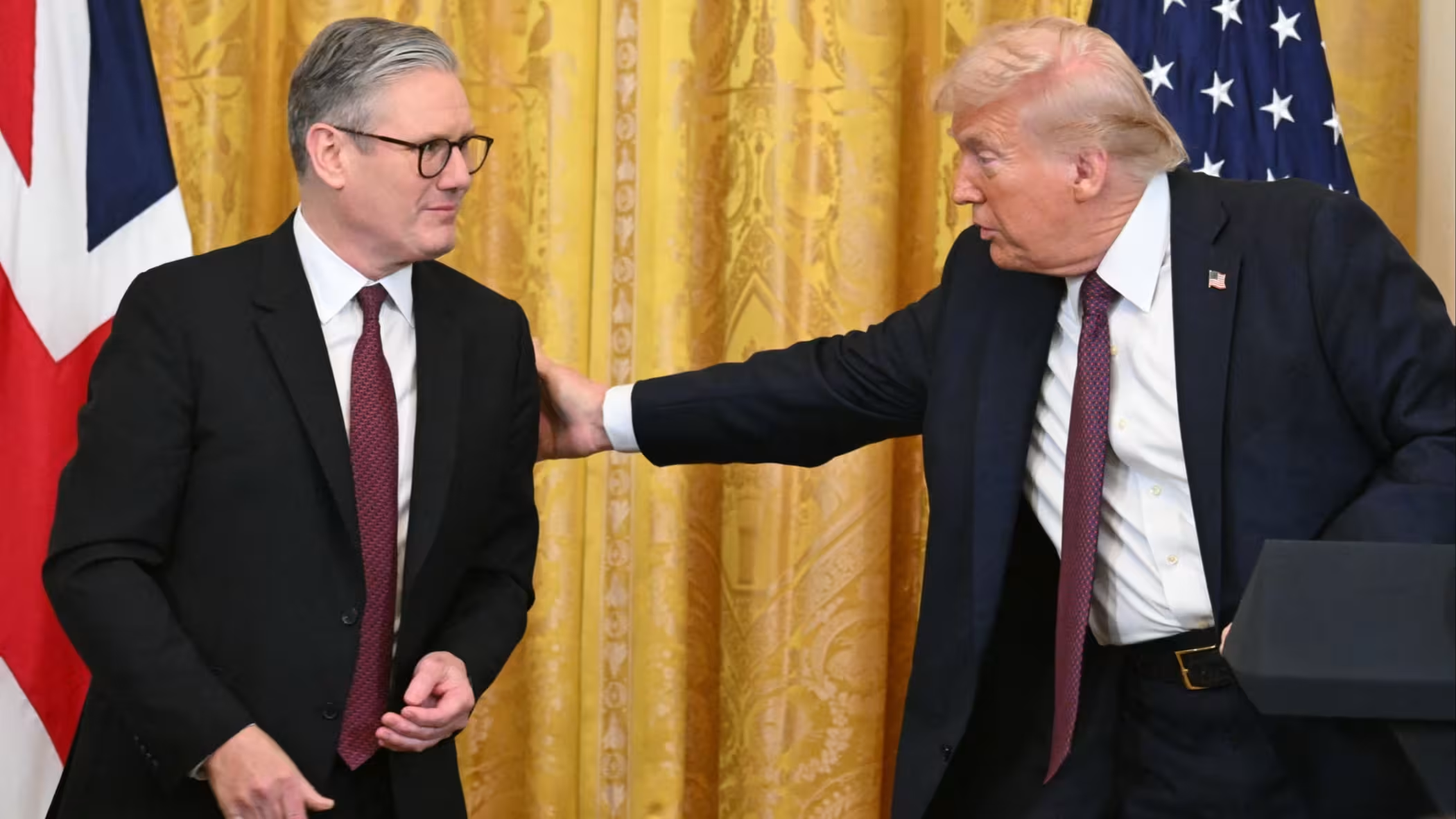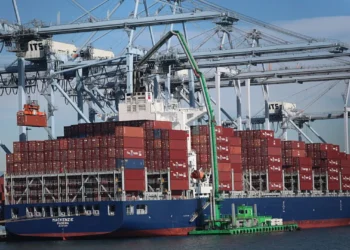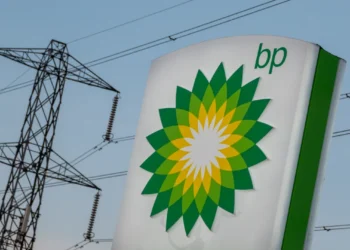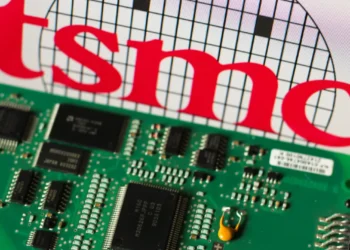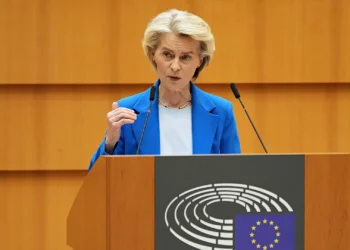BRUSSELS (Realist English). The European Union is nearing a trade agreement with the administration of U.S. President Donald Trump that would lock in 10% reciprocal tariffs—a baseline rate already applied to the United Kingdom—while talks continue, according to six diplomats familiar with the matter.
The deal, framed as a temporary “framework agreement,” comes amid growing unease in European capitals. Officials fear Brussels is conceding to tougher terms than London, which struck a more favorable deal with Washington in May, including lower sectoral tariffs on steel, cars, and pharmaceuticals.
“The UK agreement was better than this,” one EU diplomat told reporters. “It’s a surprise given how long we have negotiated.”
Under the developing deal, the EU would face a 17% duty on agrifood products, and it remains unclear whether the bloc will secure any relief on existing 50% tariffs on steel or protections from future levies on sectors such as pharmaceuticals and semiconductors.
EU negotiators, led by the European Commission, had expected their greater economic weight would grant them leverage. But their approach has come under internal criticism. German Chancellor Friedrich Merz called the talks “far too complicated” and urged Brussels to finalize a rapid agreement. In contrast, UK Prime Minister Keir Starmer, supported by business adviser Varun Chandra, moved early and framed negotiations as a commercial rather than bureaucratic process.
British officials say this flexibility allowed them to secure a 100,000-car quota at a reduced 10% tariff—down from the standard 25%—plus a zero-tariff deal on steel and aluminum (yet to be implemented), and preferential treatment on U.S. “Section 232” pharmaceutical tariffs. The UK also committed to U.S. demands on China’s role in supply chains, and agreed to tariff-free quotas of 13,000 tonnes of beef and 1.4bn liters of bioethanol.
Trump, who has long criticized the EU as a “nasty” institution designed to “screw the United States,” confirmed on Tuesday that the U.S. was “probably two days off” from sending a formal tariff letter to the EU. Without a deal, existing tariffs would jump to 20% or even 50% on August 1, following a deadline extension from July 9.
The European Parliament’s internal market chair Anna Cavazzini said Brussels made a misstep by not retaliating in April, weakening its negotiating position. Meanwhile, the bloc has prepared a €95bn counter-tariff package, including duties on aircraft, alcohol, and food, subject to approval by member states. An initial €21bn in countermeasures is due to take effect on July 14.
Despite representing the world’s largest trading bloc, the EU is now being pressured to reduce its €198bn trade surplus with the U.S. by committing to more American liquefied natural gas and defense purchases.
David Henig, from the European Centre for International Political Economy, summed up the mood: “A 10% tariff would probably be better than some were expecting, but it’s a blow to a bloc that began these talks thinking it could eliminate Trump’s tariffs—and that Britain had played it wrong.”
An EU Commission spokesperson declined to comment on the negotiations.


